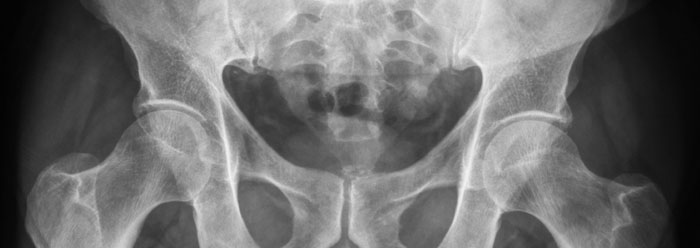
Biological Belts
Reinforcing strap structures are found throughout the living world, holding critical biological systems together. Consider human hip structure. The pelvic girdle is comprised of the strongly interconnected bones ilium, ischium, and sacrum. These are gathered into a hoop that serves as the ideal anchoring structure for the thoracic trunk to the legs.

New 'Species' Was Just a Tiny Human
Small fossilized skeletons were discovered in 2003 on the Indonesian island of Flores. Resembling diminutive men, these “hobbits” (dubbed Homo floresiensis) were discovered among sophisticated tools. The remains were apparently not juveniles, but adults about three feet tall, with heads one third the size of an average modern man’s.

Rare Insect Evolved at the Wrong Time
The Lord Howe tree lobster (actually an insect) was thought to have gone extinct around 40 years ago when rats were introduced to the lone island that housed them off the coast of Australia.

Even Parasite Genes Look Young
The parasite Trichinella spiralis is commonly dated as being around 20 million years old. A recent DNA study by U.S. Department of Agriculture (USDA) scientists, however, has yielded some surprising results.

Yawning With a Purpose
All vertebrates yawn, but why they do it has long been a mystery. Recent research suggests that yawning may be a cooling mechanism for the brain.









